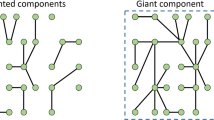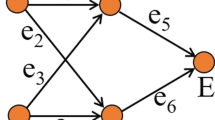Abstract:
A universal framework is proposed, where all laws are regularities of relations between things or agents. Parts of the world at one or all times are modelled as networks called \system s with a minimum of axiomatic properties. A notion of locality is introduced by declaring some relations direct (or links). Dynamics is composed of basic constituents called mechanisms. They are conditional actions of basic local structural transformations (“enzymes”): indirect relations become direct (friend of friend becomes friend), links are removed, objects copied. This defines a kind of universal chemistry. I show how to model basic life processes in a self contained fashion as a kind of enzymatic computation. The framework also accommodates the gauge theories of fundamental physics. Emergence creates new functionality by cooperation – nonlocal phenomena arise out of local interactions. I explain how this can be understood in a reductionist way by multiscale analysis (e.g. renormalization group).
Similar content being viewed by others
Author information
Authors and Affiliations
Additional information
Received: 20 April 2000 / Accepted: 20 April 2000
Rights and permissions
About this article
Cite this article
Mack, G. Universal Dynamics,¶a Unified Theory of Complex Systems.¶Emergence, Life and Death. Commun. Math. Phys. 219, 141–178 (2001). https://doi.org/10.1007/s002200100397
Issue Date:
DOI: https://doi.org/10.1007/s002200100397




